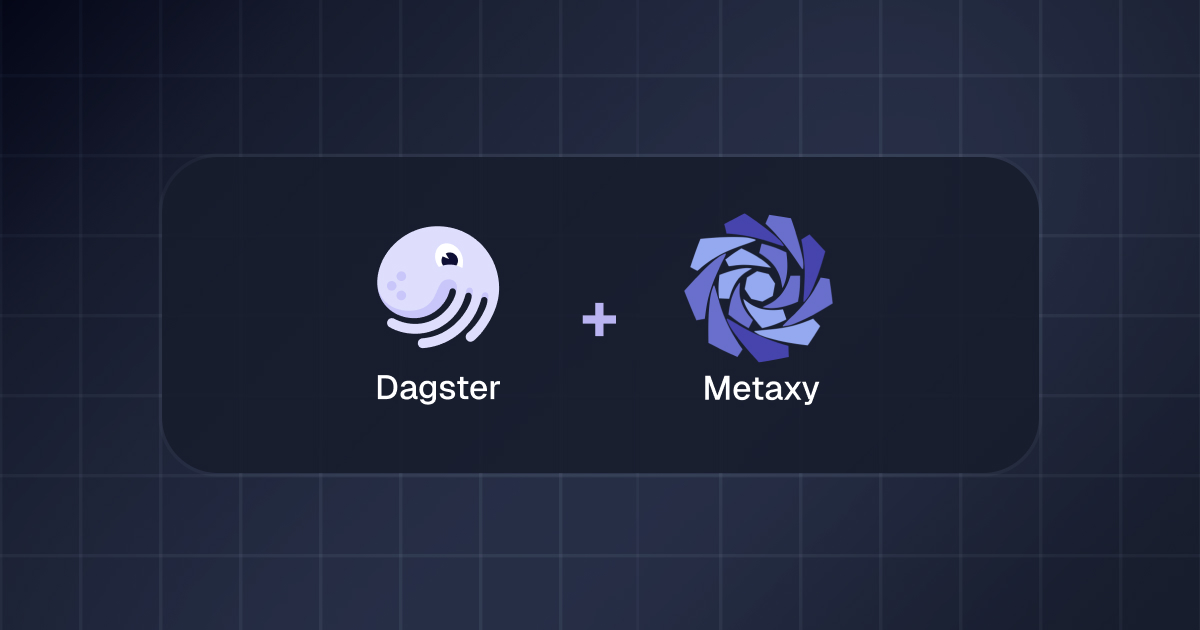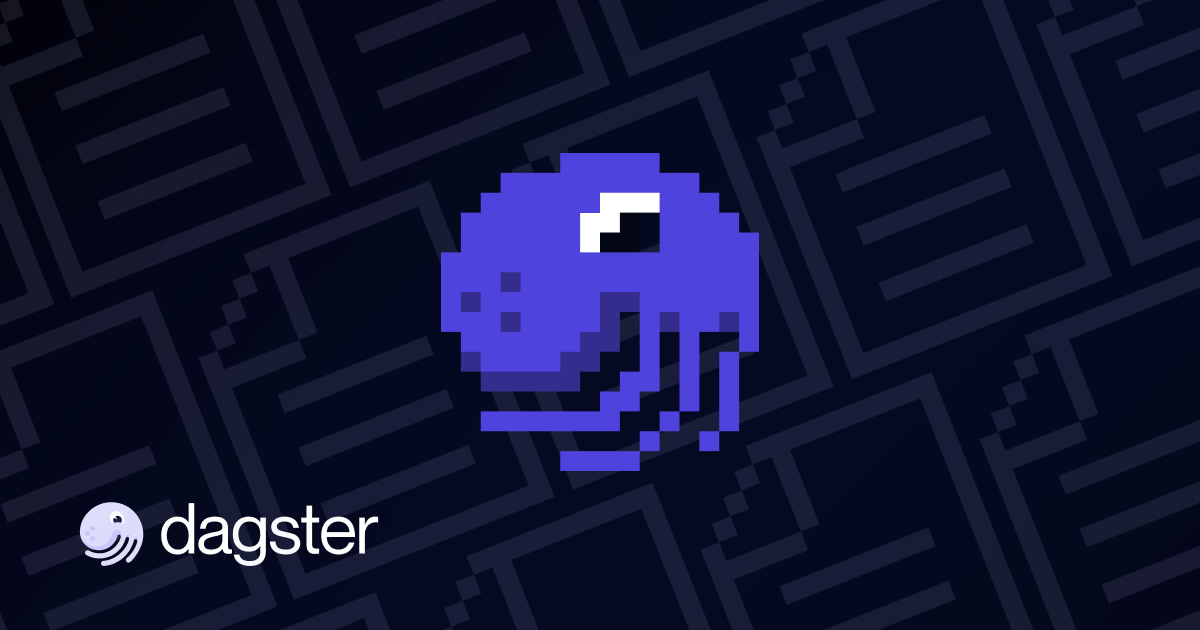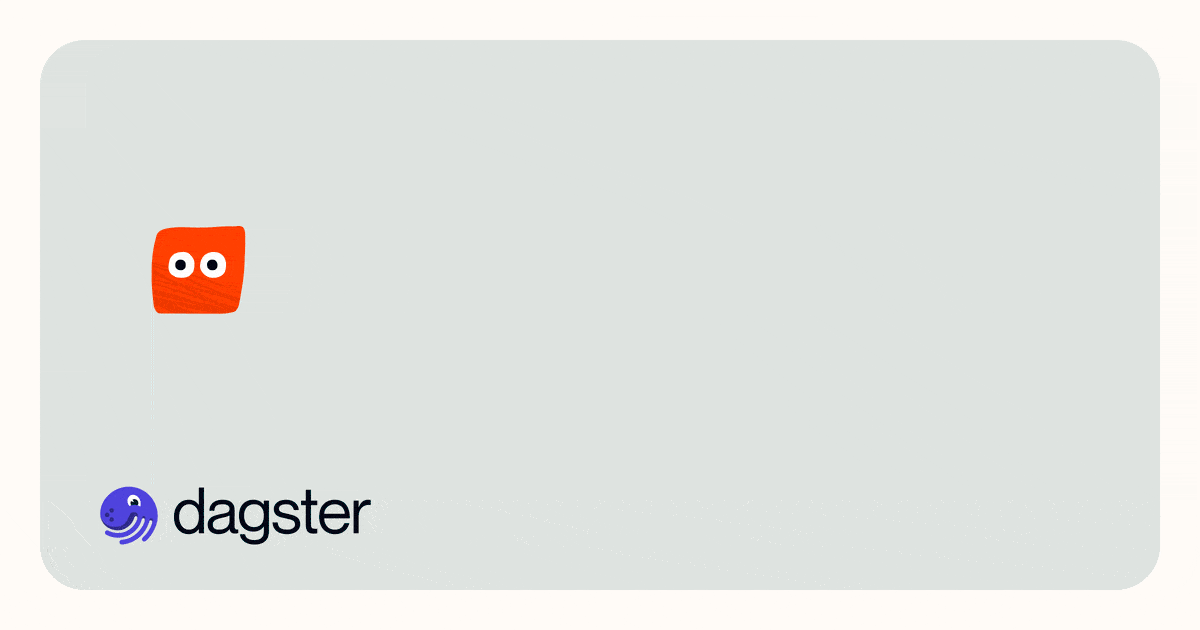Why Modern Data Teams Need Orchestration, Not Just Integration
Data integration platforms like Workato have gained attention for their promise of codeless connectivity between applications. However, as many data engineers have discovered, these tools often fall short when faced with the complexities of modern data workflows. Let's examine why purpose-built data orchestration platforms provide a more robust foundation for scalable data engineering.
The Limitations of Traditional iPaaS Solutions
A recent Reddit discussion highlighted several pain points experienced by data engineers using integration platforms:
One user expressed frustration with the interface limitations:
I lose brain cells every time I work with it. How can anyone in their right mind build an interface people are supposed to work in and not include 'undo'?
Another pointed out the narrow use cases:
I can see it fit if you do some really simple stuff like 'if X happens here, then perform Y over in that other app', but even then, if it's not one of the 4 basic API calls they support out of the box, then you have to build a custom one anyway.
These experiences reveal a fundamental truth: while integration platforms can connect systems, they weren't designed with data engineers' workflows in mind.
Why Data Orchestration Platforms Offer a Better Approach
Modern data orchestration platforms address these limitations by providing:
- Code-first, developer-friendly interfaces that integrate with existing engineering workflows
- End-to-end observability across your entire data platform
- Asset-centric architecture that focuses on data products rather than just connections
Example: Building Resilient Data Pipelines
Consider this typical integration scenario using a modern data orchestration approach:
This approach provides several advantages:
- Version control integration
- Built-in testing capabilities
- Clear lineage tracking
- Automatic monitoring and alerting
Handling Complex Workflows
For organizations dealing with legacy systems, like the user who described their EOL ERP with 20 point-to-point interfaces, a robust orchestration platform offers significant advantages:
With this architecture, the eventual migration becomes significantly easier as only the connector implementation needs to change, not the entire pipeline.
Building for Scale and Maintainability
While iPaaS solutions like Workato can solve immediate connection needs, data teams looking to build scalable, maintainable platforms should consider:
- Developer experience: Tools should enhance productivity, not hinder it
- Observability: Complete visibility into data flows and pipeline health
- Reusability: Components that can be shared across the organization
- Testing: Built-in capabilities for ensuring data quality
Conclusion
As one Reddit user aptly noted:
Coding was never the hard part of building things.
The real challenges lie in building reliable, maintainable data systems that can evolve with your organization's needs.
Modern data orchestration platforms address these fundamental challenges by providing a unified control plane for your data assets, enabling teams to build with confidence and scale without friction. Rather than focusing solely on point-to-point connections, these platforms help you create a cohesive data ecosystem that delivers trusted data to every stakeholder.












